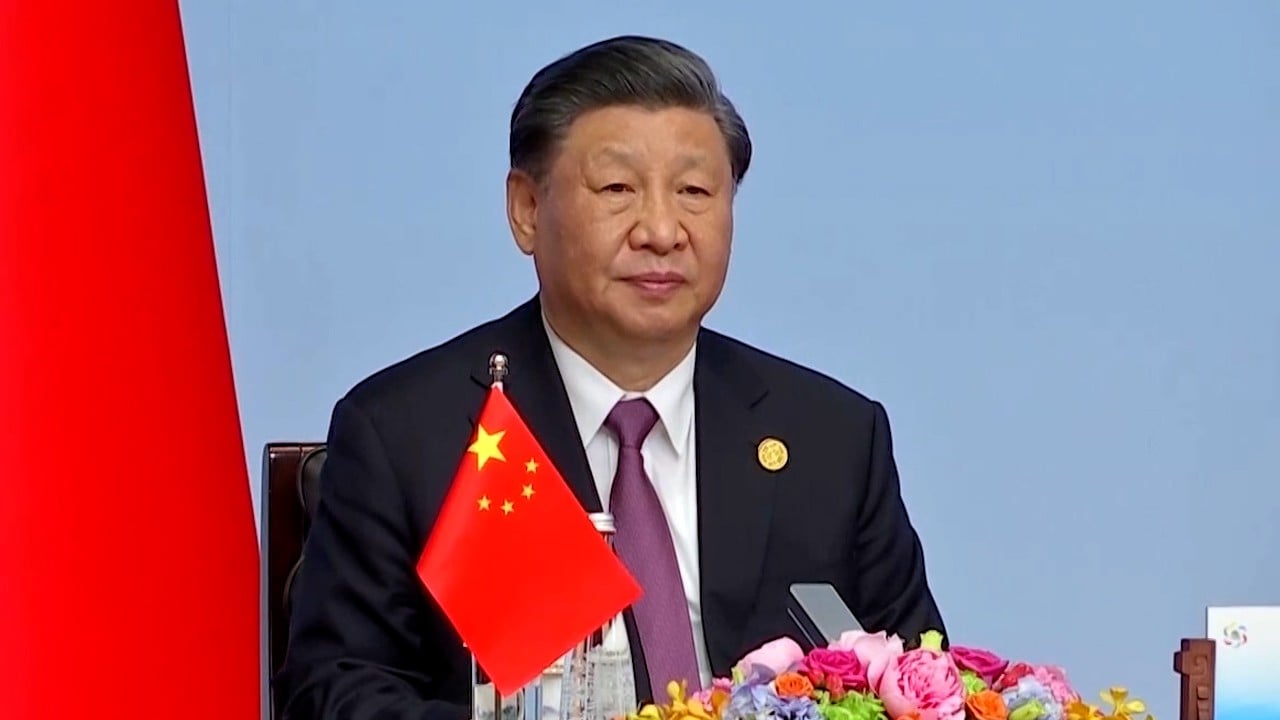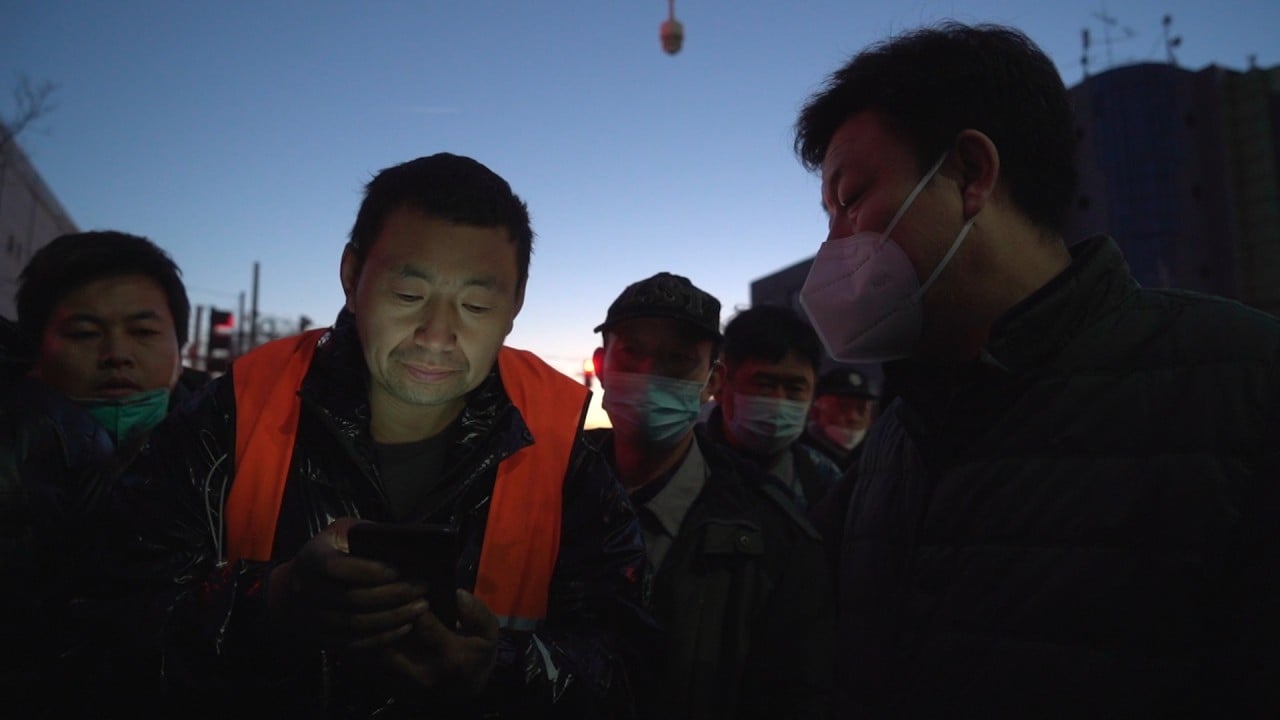
Xi Jinping targets education in China’s drive for tech self-reliance
- Education is an important support for achieving greater science and tech self-reliance and can enhance China’s soft power, president says
- The pandemic and deteriorating China-US relations prompted a 97 per cent drop in American university students in China in 2020-21 from about 12,000 in 2018-19
Calling for faster progress in the area, Xi said education was a “strategic precursor” to building a modern China and an important support for achieving greater science and tech self-reliance.
He stressed the importance of the ideology work in education to ensure students always “listen to the party”.
“[We must] focus on strengthening the education of socialist core values, guide students to establish firm ideals and beliefs, always listen to the party and follow the party, and devote themselves to the country and the people,” he was quoted as saying.
He added that China needed to step up “management” of its textbooks, so Beijing could “firmly grip” the correct political direction and values in its education system.
Xi pushed for greater precision when developing the higher education sector.
He ordered the officials to “systematically analyse” China’s talent development trends and gaps, and focus on the country’s major strategic needs according to science and technology development trends.
“[We should] dynamically adjust and optimise the disciplines of higher education [and] train urgently needed strategic talents in a targeted manner,” Xi said.
The Chinese president said it was important to effectively use world-class educational resources and innovation factors to build a world hub for education with broad appeal.
Xi also stressed the need to improve the attractiveness of China’s education to the outside world, to balance the outflow of Chinese students studying abroad and the flow of international students coming into China.
“It is necessary [for us] to actively participate in global education governance, vigorously promote the ‘study in China’ brand, tell better stories about China, spread China’s experience and make our voices heard … to enhance the international influence and discourse power of our country’s education,” Xi said.
Beijing has leveraged its massive education sector in global outreach in the past decade – especially from countries involved in Beijing’s Belt and Road Initiative – in a bid to build a talent pool to serve China’s state-owned enterprises’ overseas expansion.
The Ministry of Education estimates that in 2018, China hosted nearly 500,000 international students, People’s Daily reported.
But a sharp deterioration in Sino-US relations and Beijing’s zero-Covid policy pushed the number of American university students in China to its lowest level in more than two decades to 382 students in the 2020-21 academic year.
That was down 97 per cent from about 12,000 in 2018-19, and even further below the peak of nearly 15,000 a decade ago, according to the US State Department and the New York-based NGO, the Institute of International Education.



